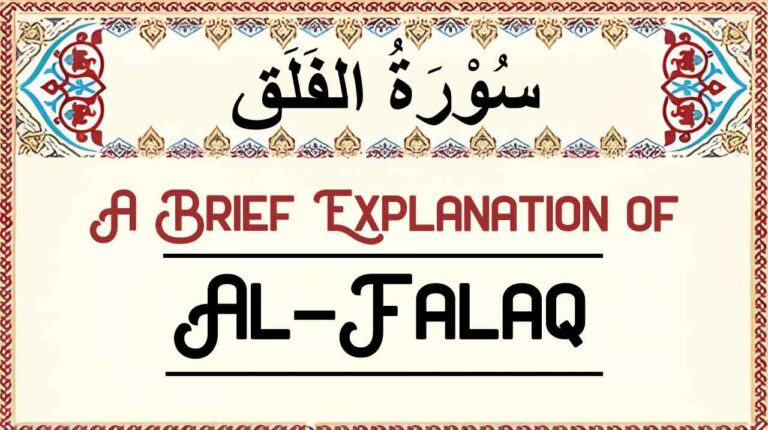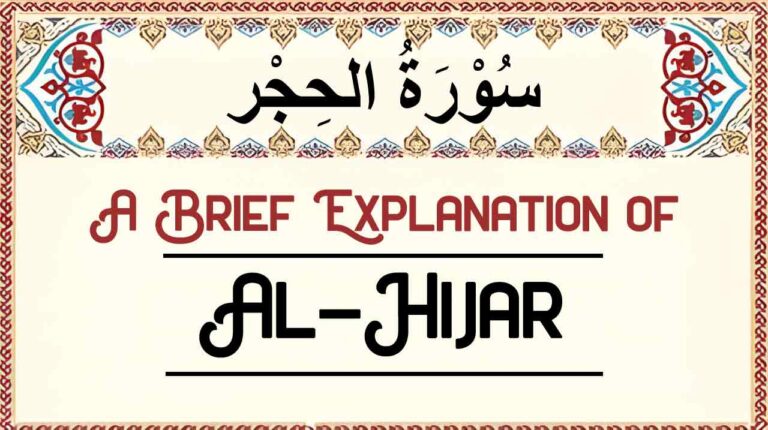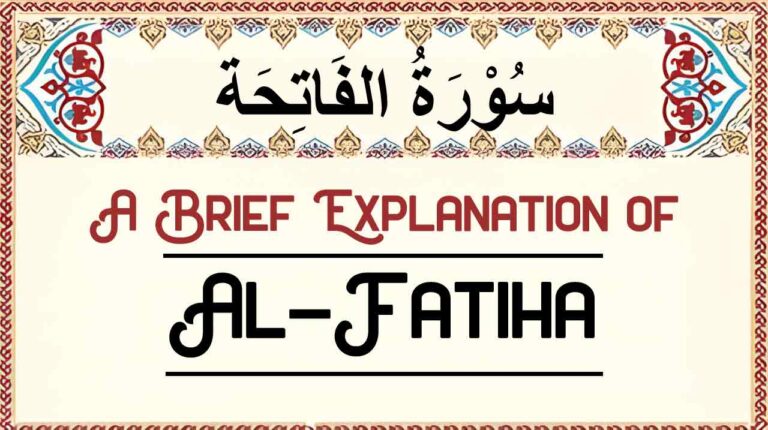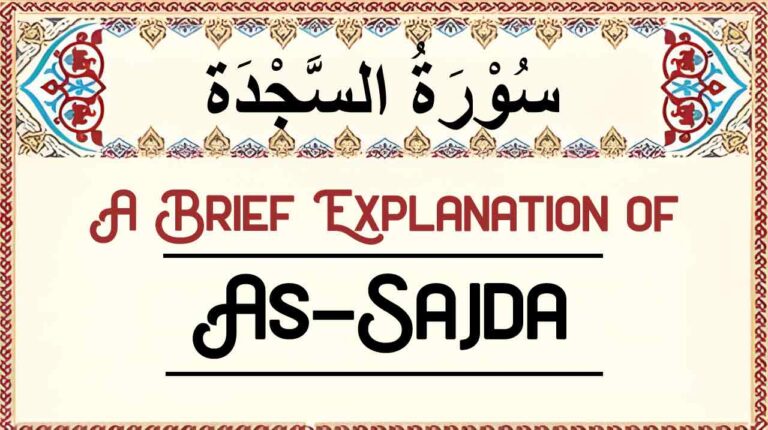Surah Al-Fatiha, also known as the Opening, holds a profound significance in Islam. It is the very first chapter revealed to Prophet Muhammad (SAW) and serves as an introduction to the Quran. The depth of its meanings and the blessings it encompasses are vast, making it a crucial part of a Muslim’s daily life.

The Essence of Surah Al-Fatiha:
Surah Al-Fatiha encapsulates the fundamental principles of Islam, establishing a strong foundation for a believer’s spiritual journey. This Surah is a concise representation of the core beliefs, invoking the attributes of Allah, acknowledging His mercy and authority, and seeking His guidance.
Names and Attributes:
Surah Al-Fatiha holds various names that reflect its importance. It is referred to as “Ummul-Kitab” (Mother of the Book) and “Ummul Quran” (Mother of the Quran), underscoring its role as the foundational Surah from which the entire Quran emerges. Moreover, it is known as “Al-Hamd” (praise), as it begins by praising Allah’s attributes, highlighting His greatness.
Essential Role in Prayer:
Surah Al-Fatiha is an integral part of daily prayers (Salah). In fact, Salah is considered incomplete without its recitation. Each prayer includes the recitation of this Surah, emphasizing the significance Allah places on this essential communication between the believer and the Creator. The Surah’s recitation in Salah reinforces the acknowledgment of Allah’s attributes and the need for His guidance.
A Direct Dialogue with Allah:
The Surah acts as a direct conversation between the believer and Allah. Every verse recited carries a response from Allah. For example, when a believer praises Allah as the Lord of all worlds, Allah acknowledges this praise. This interaction emphasizes the personal connection and communication that prayer enables.
Spiritual Healing and Protection:
Surah Al-Fatiha also possesses healing qualities. The Prophet Muhammad (SAW) referred to it as a form of “ruqya” (spiritual incantation) and a source of cure for both physical and spiritual ailments. Its recitation serves as a shield against negative influences and provides solace to the heart.

Guidance and Straight Path:
The Surah seeks Allah’s guidance toward the straight path, which is the path of righteousness and truth. This plea for guidance reflects a believer’s desire to remain on the right track and distance oneself from misguidance. Allah’s response to this plea affirms His willingness to guide those who sincerely seek it.
A Divine Covenant:
In Surah Al-Fatiha, a believer makes a covenant with Allah, pledging to worship Him alone and seek His help. This commitment is reiterated multiple times throughout the day in prayers, reinforcing the unwavering devotion and reliance on Allah.
Divine Revelation:
The unique status of Surah Al-Fatiha is highlighted in the saying of the Prophet Muhammad (SAW): “Al-Hamdulillah is Umm Al-Quran and Umm Al-Kitab.” This description signifies its role as the foundational Surah and a summary of the entire Quran.
Conclusion:
Surah Al-Fatiha is not merely a collection of words; it’s a comprehensive and profound interaction between the believer and Allah. It encompasses praise, invocation, healing, guidance, and submission. As Muslims, we are blessed to recite this Surah numerous times each day, engaging in a direct and intimate conversation with our Creator. Let us delve deeper into the meanings of Surah Al-Fatiha, enriching our prayers and strengthening our connection with Allah.






